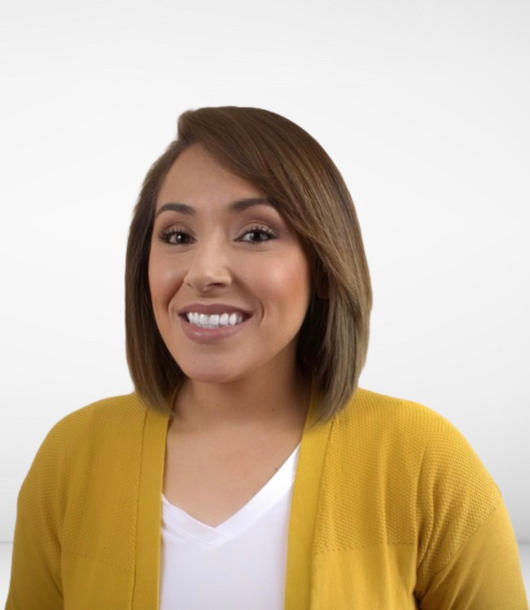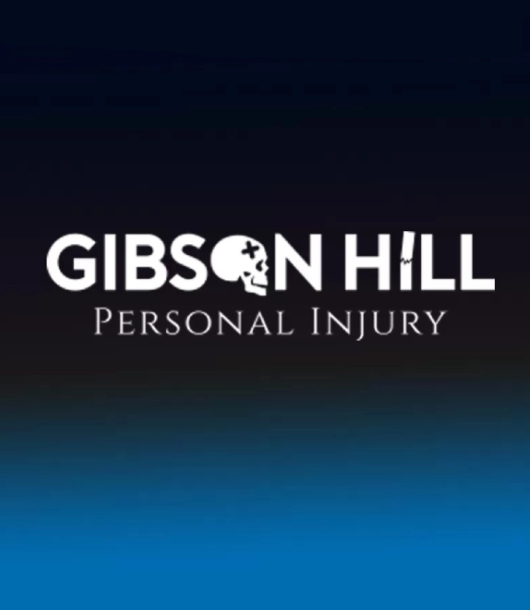Houston Unsafe Passing or Lane Change Truck Accident Attorneys
Did you get hurt in an accident in Houston? Was it due to the unsafe passing or lane changes made by a truck driver? If so, contact Gibson Hill Personal Injury to discuss your legal options for holding them liable for your injuries.
Drivers of commercial vehicles must follow traffic laws to keep everyone around them safe. Truck drivers need to remain especially cautious when they’re changing lanes or attempting to pass another driver. They have large blind spots and could unknowingly merge into the side of someone’s vehicle if they’re not paying attention. If their careless actions caused your car crash, you might be entitled to financial compensation.
Truck accident cases are complex, but our Houston truck accident attorneys at Gibson Hill Personal Injury know what’s needed to safeguard your rights and secure the maximum available compensation. Our compassionate, attentive attorneys will remain by your side every day of the case, and we’ll fight persistently for the recovery you’re due.
Call Gibson Hill Personal Injury at (713) 659-4000 today to schedule your free consultation and find out how we can help you move forward after this traumatic experience.
What’s Considered an Unsafe Passing or Lane Change?
Unsafe passing refers to a driver that fails to pass someone in a manner that prevents a dangerous situation. An unsafe lane change occurs when someone attempts to change lanes when there isn’t a clear or open path. Both could lead to a devastating accident that causes severe injuries and fatalities.
Truck drivers must always pay attention to their surroundings and continuously check for cars traveling near their vehicle. When an 80,000-pound truck crashes into a passenger car, it can cause traumatic damage. Due to their large blind spots, they must use their turn signal and merge slowly and carefully into another lane.
Examples of unsafe passing or lane changes include:
- Failure to yield the right of way
- Changing lanes without a turn signal
- Passing someone in an intersection
- Failure to check blind spots
- Driving over a solid, double yellow line
- Passing a vehicle in a no-passing zone
At Gibson Hill Personal Injury, we’re familiar with all the actions truck drivers take that could lead to an accident. It’s entirely careless to change lanes or pass another driver without taking the necessary safety precautions and following traffic laws. We’ll use our experience, knowledge, and resources to create a plan of action that wins the maximum monetary award you deserve.
Common Reasons Truck Drivers Pass or Change Lanes Improperly
All truck drivers must carry a valid commercial driver’s license and go through adequate training. They also have to review regulations set by the Federal Motor Carrier Safety Administration. Failure to meet these standards could increase the risk of an accident and injuries to other vehicles’ occupants.
The most common causes of unsafe passing or lane changes include:
- Fatigued driving from lack of sleep or working long hours
- Impaired by alcohol or drugs
- Rushing to stay ahead of schedule
- Misjudging the amount of space between their truck and another car
- Forgetting to check blind spots due to distractions, such as texting
- Drifting into the next lane while looking at something other than the road ahead
Changing lanes incorrectly could result in various types of accidents. If the truck driver doesn’t check their blind spots, they could end up sideswiping another vehicle. Fatigue leads to poor decision-making skills, causing the trucker to incorrectly guess how much room they have to merge into another lane. Every action they take behind the wheel must be in the interest of everyone else’s safety. One error could create a hazardous situation.
How to Protect Your Rights After a Truck Accident
If you get hurt because a truck driver didn’t change lanes or pass you safely, there are steps you should take immediately. If you don’t hire a lawyer or collect evidence at the accident scene, you could ruin your chance of recovering the maximum compensation available in an insurance claim or lawsuit.
Step 1: Call 911. You must report any accident that causes injuries, fatalities, or more than $1,000 in property damage to the Texas Department of Transportation (TDOT). If law enforcement arrives at the scene, they will write a crash report and submit it to the TDOT on your behalf.
Step 2: Ask the truck driver for their name, contact information, auto insurance details, and the name of their employer.
Step 3: Take photos of the crash site and your injuries. This is crucial evidence that can prove you sustained injuries as a result of your accident.
Step 4: Talk to bystanders. If anyone saw what happened, write down their names and phone numbers. They might be able to provide a witness statement to confirm who caused the accident.
Step 5: Go to the hospital immediately after leaving the scene. Continue treating your injuries until your doctors release you from their care.
Step 6: Bring your car to a repair shop for a damage estimate.
Step 7: Hire a lawyer from Gibson Hill Personal Injury to assist you with your case.
The things you don’t do after an accident are just as important as the things you do. Sometimes, it’s best to relay as little information as possible to the investigating officer, the insurance company, and other people involved in the collision. If you do or say the wrong thing, it could negatively impact the outcome of your case.
- Don’t speak to the insurance adjuster. Give them your attorney’s contact information, and we’ll handle all communication.
- Don’t admit fault. Even if you think you might be partially responsible for the accident, you don’t really know who’s at fault until the investigation is conducted. Texas follows a modified comparative negligence rule, which reduces the victim’s total compensation by their percentage of shared fault.
- Don’t leave the crash scene until a police officer advises you to do so. If you leave without reporting the accident, you could face hit-and-run charges.
- Don’t dispose of evidence, such as bloody clothing, broken taillight, or letters from the insurance company.
- Don’t accept an insurance settlement without discussing it with your lawyer first.
- Don’t sign forms from the at-fault driver’s insurance carrier. Sometimes they use tactics to get accident victims to sign away their rights to the maximum available settlement. We’ll review all documents you receive to determine if it’s something you must complete.
How Gibson Hill Personal Injury Can Help You With Your Case
We’ll launch an investigation into the accident and prove the truck driver was at fault. Cases like this can be complicated. Sometimes there are multiple factors that led to the crash. In some situations, more than one party can be responsible for the injured party’s expenses. We understand the evidence we need to look for and how to determine liability.
Although unsafe passing caused the accident, various contributing factors could have led the truck driver to do it. Maybe they were texting while driving or forgot to check their blind spot. Many careless actions could result in a truck accident, and we’ll explore everything we find.
When you hire us, we’ll start working on your case immediately. There are strict deadlines involved, and we want to ensure we don’t run out of time. We can look into the trucker’s driving history, prior experience, accident logs, and schedule. We’ll comb through every detail to determine what led to their poor judgment.
We can also review inspection and maintenance reports to check if the vehicle or parts were defective or malfunctioning. Damaged systems, such as the brakes or steering, could prevent the driver from maneuvering their vehicle safely.
Pursuing Compensation from the Trucking Company
The truck driver may not be the only liable party in your accident. Even if the truck driver’s actions were the direct cause of your accident, there could be someone else to blame – their employer.
Trucking companies are supposed to hire qualified and experienced truck drivers who understand trucking regulations and follow them explicitly. If they use negligent hiring practices, and the driver causes someone physical harm, they could face legal consequences. Common examples of trucking company negligence include:
- Failure to perform background checks on a new driver
- Failure to test employees for drugs and alcohol before and in between shifts when necessary
- Failure to provide adequate training and supervision
- Failure to comply with federal and state laws
- Failure to perform routine inspections and maintenance on all vehicles
- Failure to review driver logs for problems
- Failure to confirm their employees have valid commercial driver’s licenses
You could file an insurance claim or lawsuit against any party that caused your accident. Gibson Hill Personal Injury will request copies of liability insurance policies to determine the amount of available coverage. We will also review all the evidence we find to ensure we can prove fault. We’ll work diligently to ensure you receive adequate compensation from everyone involved.
Contact Gibson Hill Personal Injury for a Free Consultation
When you hire our Houston personal injury lawyers, we’ll treat you as though you’re part of our family. We care about the clients we work with and want to ensure you have a full recovery. We fight assertively to hold people accountable for their careless actions. Whether the truck driver or their employer was responsible for your accident, we’ll create a strategy that meets your legal goals.
If you or a loved one suffered injuries because a truck driver was unsafely passing or changing lanes, call Gibson Hill Personal Injury at (713) 659-4000. You can depend on our legal team to work efficiently and reach a favorable outcome in your case.




